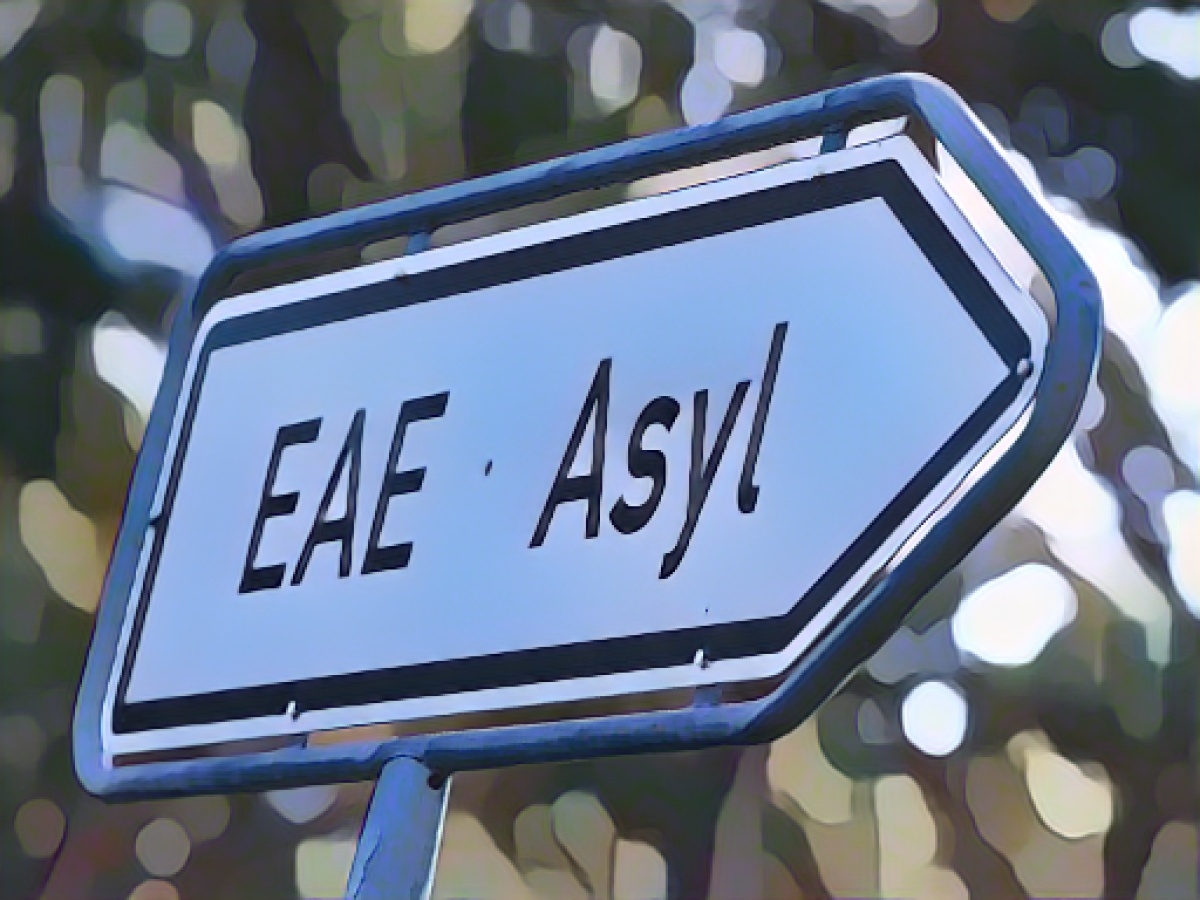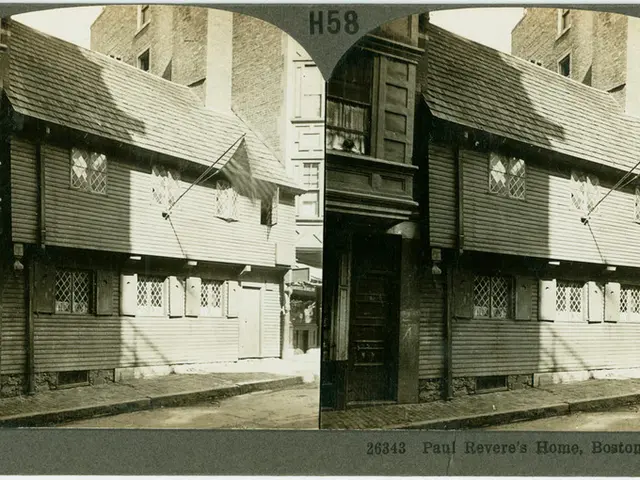In the ongoing debate about welfare for refugees, the Thuringian Refugee Council advocates for providing them with access to regular bank accounts instead of payment cards. Juliane Kemnitz, the project coordinator of the council, sees payment cards as a form of stigmatization, describing them as merely a deterrent. While she acknowledges the potential cost-effectiveness of avoiding cash payments, she emphasisizes that blocked accounts to prevent money from being sent abroad is unacceptable. Kemnitz believes that refugees should have the freedom to save and support their relatives, as long as they choose to do so.
Throughout Germany, the use of payment cards for refugees has been a topic of discussion for several weeks. Some supporters of this idea argue that it could reduce the incentive for refugees to come to Germany, as they would only be able to shop and pay in selected stores or regions. However, Kemnitz opposes this notion, stating that a payment card would not affect the root causes of refugee migration, such as climate change and wars, and would not deter people from fleeing their home countries.
The Thuringian Refugee Council strongly opposes the idea of issuing payment cards to refugees, viewing it as a stigmatizing practice that would negatively impact their integration into German society. Instead, they advocate for granting refugees access to regular bank accounts, as it would be less stigmatizing and more efficient than cash payments.
Although the council opposes payment cards for refugees, they acknowledge the potential cost-effectiveness of not providing cash payments. They recommend using regular bank accounts for this purpose, but insist that the accounts should not be blocked to prevent money from being sent abroad.
According to research, payment cards can be seen as a form of stigmatization, as they often come with restrictions and less benefits, making refugees feel marginalized. Additionally, they limit the financial flexibility of refugees and may force them to work for low wages, which can hinder their ability to integrate into society. On the other hand, payment cards can provide financial inclusion and serve as a means of financial autonomy for refugees.
Furthermore, the Visa New Doors program aims to empower refugees by providing them with financial tools and skills, using payment cards as part of a broader strategy to support their entrepreneurial goals and integration into their host communities.
In conclusion, the Thuringian Refugee Council stresses the negative impact of payment cards on refugees, advocating for the provision of regular bank accounts instead. They emphasize the importance of preserving the dignity and integration of refugees, while also recognizing the potential cost-effectiveness of avoiding cash payments.








